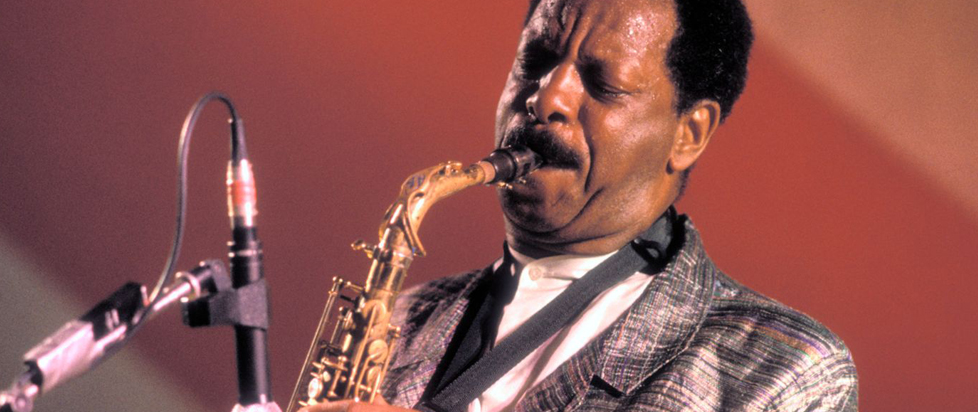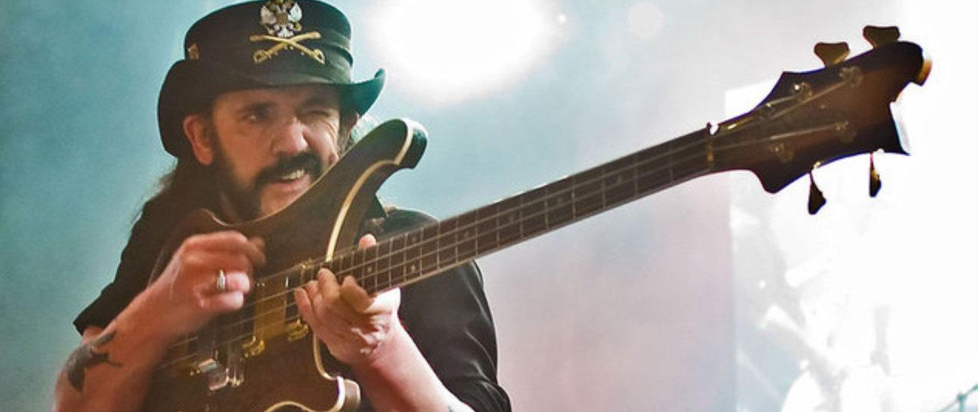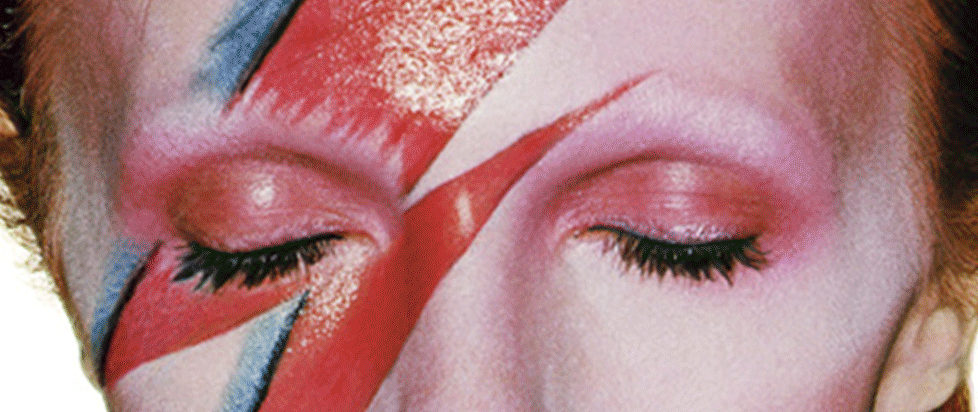
Ornette Coleman, 1930 – 2015
I didn’t understand Ornette for a long time. Growing up and studying jazz saxophone, my influences were more inside – Trane, Bird the usual. Ornette’s music freaked me out; it was beyond my scope. All that noise, no order!
I only started to get into Ornette as I approached my 30s, and of course, I fell in love with his music. That makes sense, since you kinda have to understand the rules before you can fully get why the ways he broke them were so cool. Then again, it’s not all about rules: There’s a beauty to the sounds he would make, and that beauty stands on its own. I couldn’t always hear it, but I’m glad I can now.
Every so often I come to understand and love a new type of music that I had previously dismissed. It’s one of the most crucial aspects of the musical journey. That change in perception is proof that we’re not dead yet – we’re all still learning to hear the world in a new way. I’ll always be thankful to Ornette for showing me such a beautiful new way to hear the world.
– Kirk Hamilton
I spent a mostly miserable year at SUNY-Buffalo. My roommate was an obnoxious drunk. My dorm neighbors all wanted me gone. The weather sucked. I spent more time in the computer lab than the classroom. But there were some positives: I made several friends who I still keep in touch with; my interest in progressive rock turned into a full-blown obsession; and in my honors History of Jazz class, I heard a piece that just blew my mind: “Free Jazz” by Ornette Coleman’s double quartet, featuring Coleman on sax, Don Cherry on trumpet and Eric Dolphy on clarinet. I never became much of a jazz guy, but I can recognize that the music is both chaotic and beautiful at the same time.
– Don Becker
Oddly my story with Ornette Coleman starts later than most things I write about on Unwinnable. I say this because I grew up in a house with jazz enthusiast parents. I knew the Miles Davis album Kind Of Blue and Birth of the Cool inside and out while I was taking breaks from playing Metroid. I was well aware of who Charlie Parker, Sonny Rollins, Billie Holiday, Herbie Hancock, Dizzy Gillespie and Dave Brubeck were while I was in the single digits. Still, it wasn’t until college that a friend introduced me to the crazy next level of avant garde jazz, and the shape of jazz to come himself, Ornette Coleman.
Jazz these days is a creature slowly evolving into something strange and wonderful. The really good stuff operates mostly outside mainstream culture, except for when the influences can be heard in music ranging from noise rock to hardcore punk to hip hop, pop music to classical. Guys like Ornette Coleman knew there were many places to take the music, and he broke the traditional jazz songwriting machine and reconstructed it without an instruction manual.
Listening to his music is a constantly evolving adventure with many exciting twists, turns and loops. There really is something for everyone in the extensive catalogue of Ornette Coleman, a discography that spans up until 2006 with his album Song Grammar. It’s all over the internet and out there in the dusty bins of record stores, go out on a quest and find it. I recommend The Shape of Jazz to Come as a starting point, or Ornette! or even Free Jazz if you’re feeling adventurous.
Ornette Coleman talked about himself and life in a cosmic manner, because he was a dude that thought outside this world. He never went as far as Sun Ra, who flat out claimed to be from Saturn, but like Sun Ra he brought music from another world to ours, and in turn made our world a richer place. Another of the few remaining jazz masters has passed, rest in peace.
– Michael Edwards




